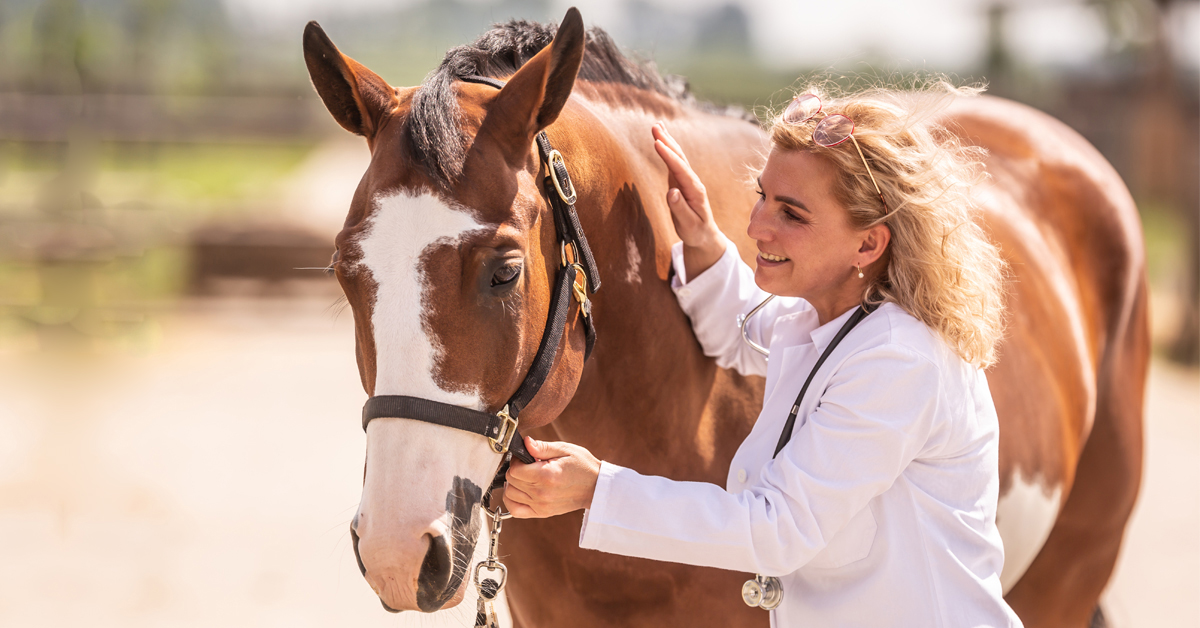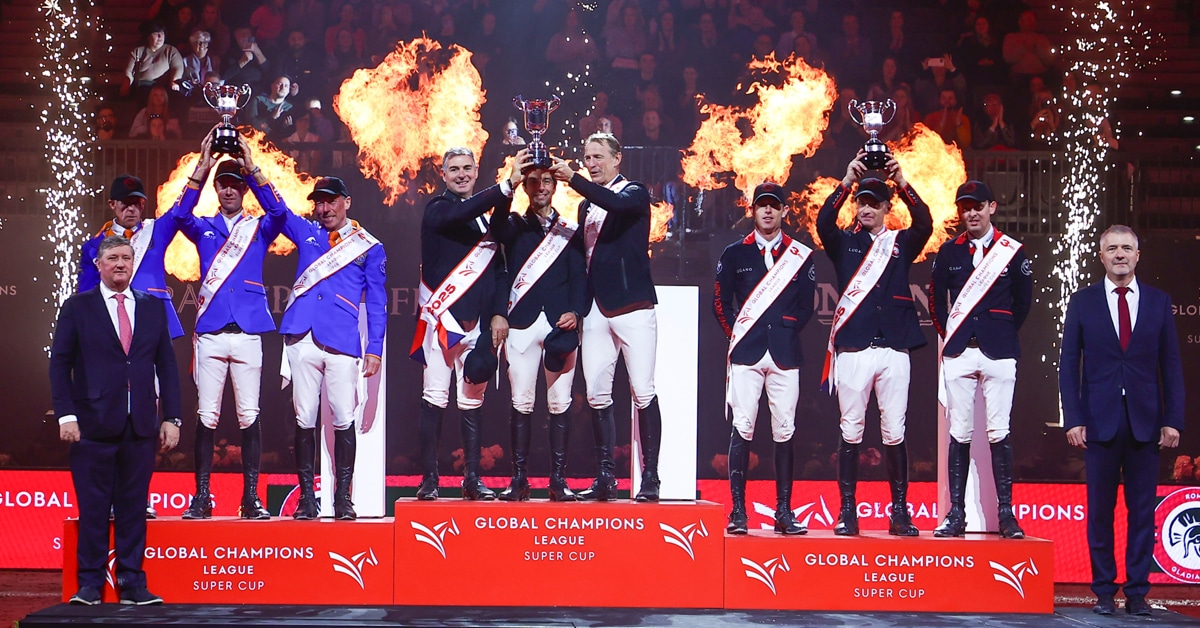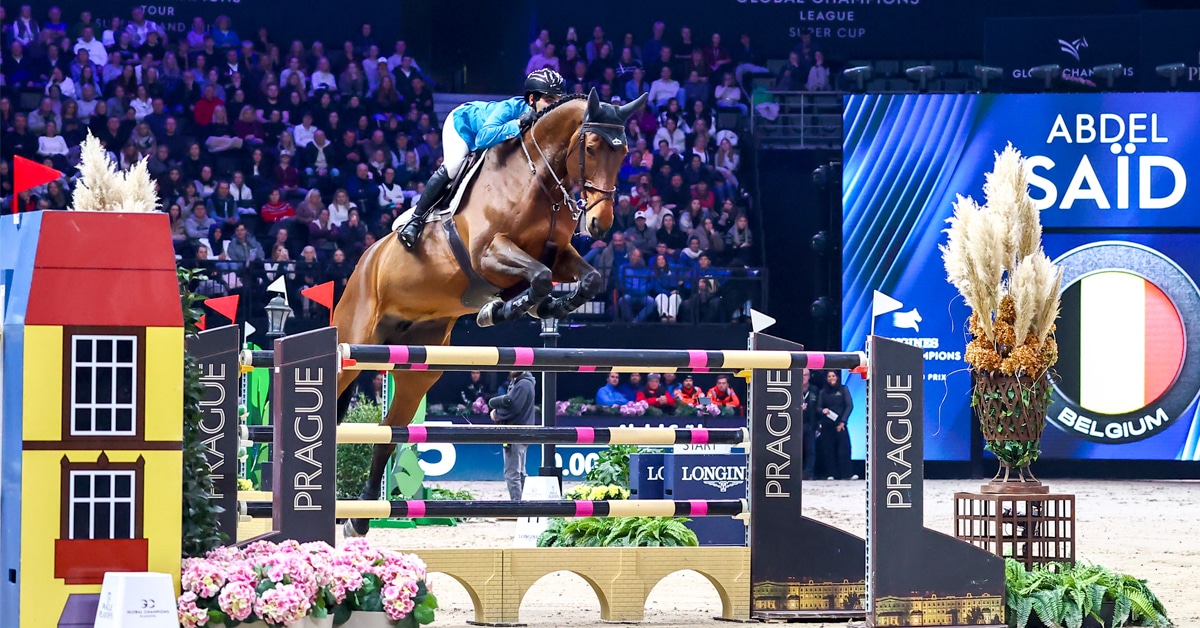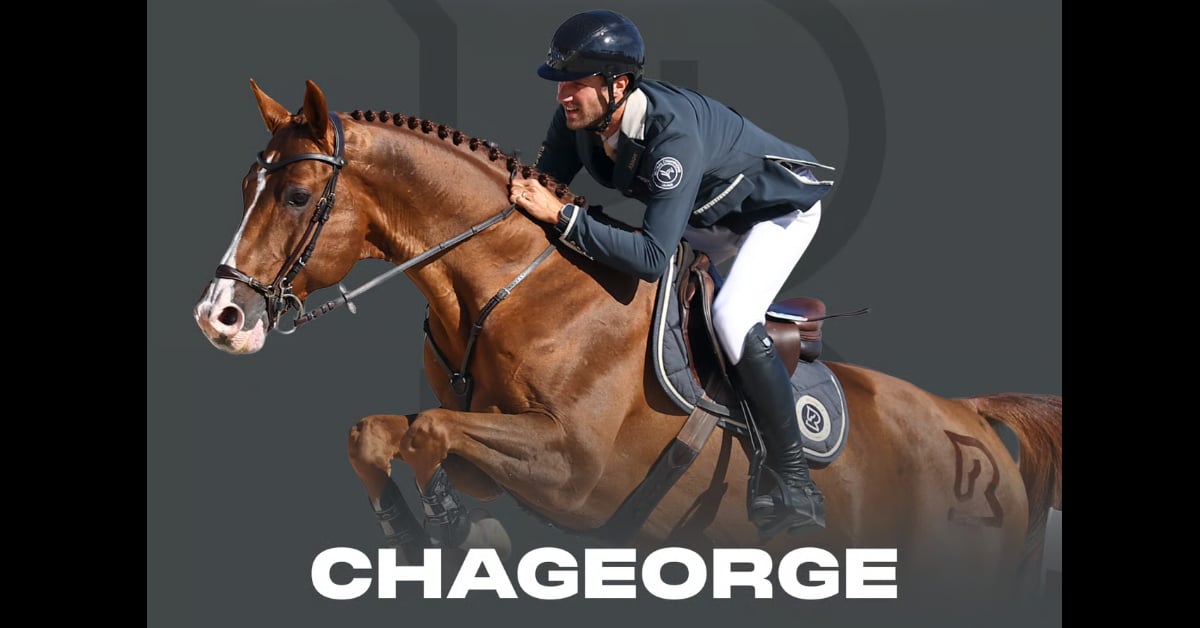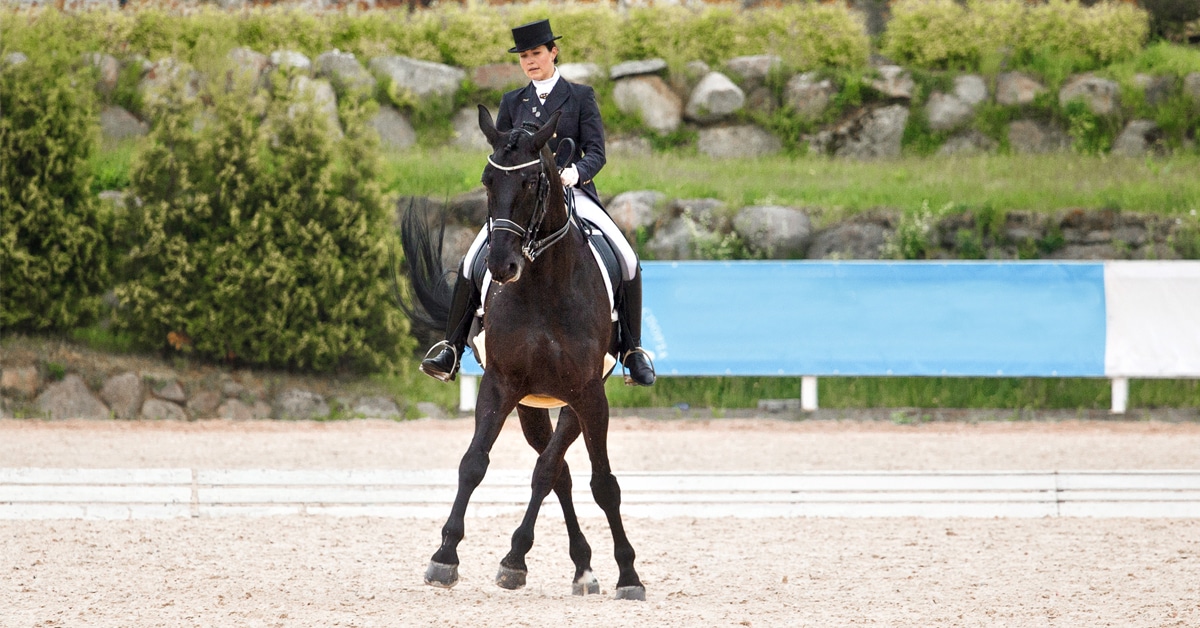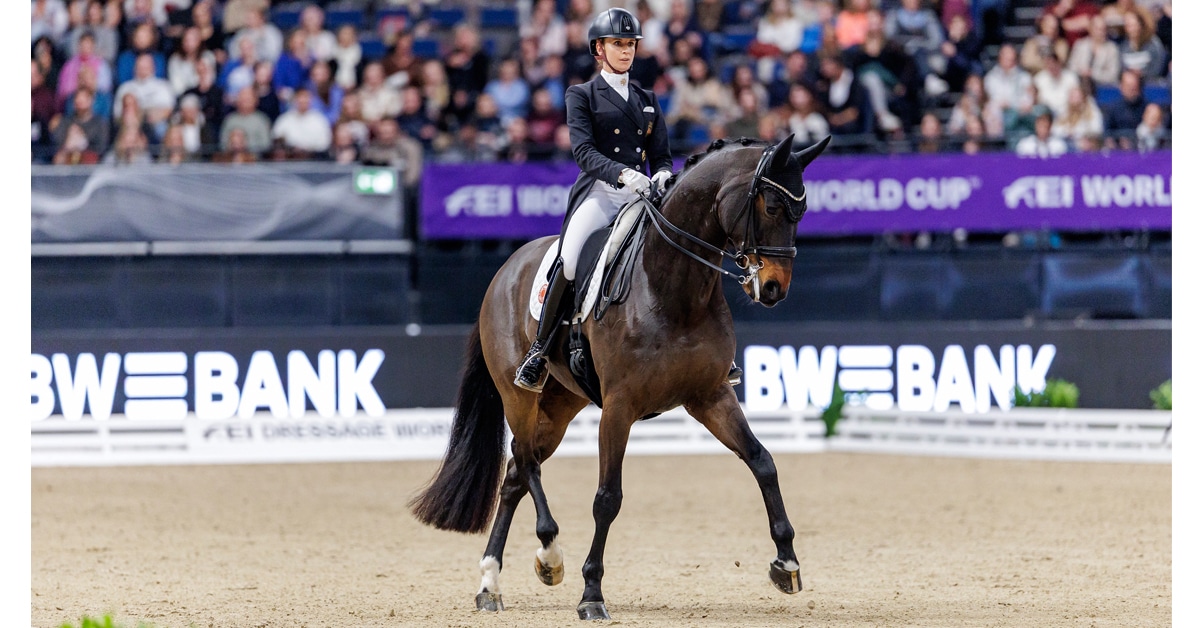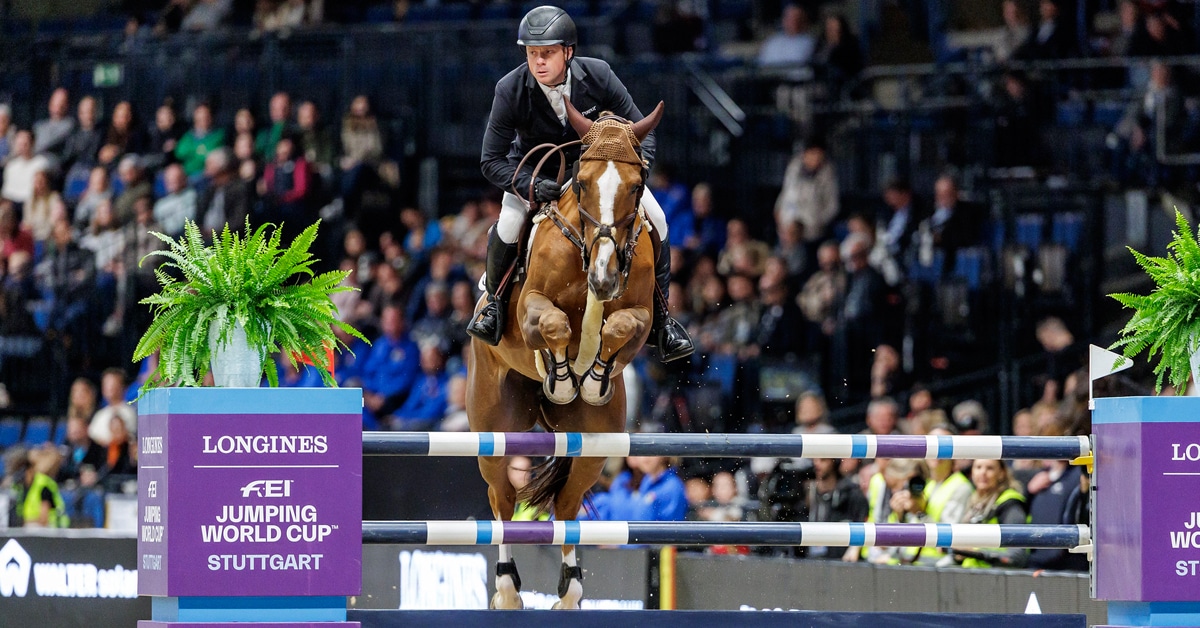Equestrian Canada (EC) and its Provincial and Territorial Sport Organization (PTSO) partners are working collaboratively to introduce a coach licensing system, and welcome your input.
The coach licence will be at the centre of a series of initiatives focused on creating a safe, ethical and developmentally appropriate environment for all participants in equestrian sport. Your feedback is critical as we embark on this journey.
Have Your Say on Equestrian Coach Licensing in Canada
We invite all supporters of equestrian activity in Canada, including coaches, athletes, parents, officials and event organizers to complete the coach licensing survey. Survey data will help provide an accurate picture of coaches’ areas of activity and ensure the development of meaningful coach licence benefits. Survey responses will be accepted until June 15, 2019.
The coach licensing initiative is being designed to support and protect coaches, instructors, athletes, parents and participants at sanctioned competitions in all disciplines and levels of equestrian sport in Canada.
“Coach licensing is a cornerstone of the Canadian Equestrian Development (CED) initiative being led collaboratively by EC and the PTSOs,” said EC Chief Executive Officer, Richard Mongeau. “Providing coaches with access to training and support that ensures minimum standards are met for screening and certification not only gives coaches valuable recognition, but helps to create and protect the sport environment that all equestrian participants deserve.”
A dynamic and multi-disciplinary group with vast practical knowledge and experience in both the equestrian landscape, as well as the broader sport and coaching industry have been engaged in the process of developing a framework for the coach licence. The group includes EC staff, PTSO Presidents and Executive Directors, CED and coaching committee members, coaching representatives, and legal advisors.
Canadian Equestrian Coach Licensing Goals
The coach licensing initiative is moving forward for the 2020 competition season with the following key goals:
- Improving the quality of the sport experience for all participants by focusing on the overall health, safety and wellbeing of athletes and horses.
- Providing increased recognition and support to Canada’s hardworking coaches and instructors – who are at the core of the nation’s equine activity.
- Providing access to training and support to uphold the highest standards of ethical practices. Safe Sport training and practices are paramount in today’s sport landscape, and many sports have a coach licensing system currently in place.
- Addressing immediate priorities, including Sport Canada’s April 2020 deadline for mandatory training on harassment and abuse, and laying the foundation for mandatory certification at sanctioned competitions and/or the delivery of EC athlete development programs. The phased-in approach does not require all coaches on the field of play to proceed to certification immediately, which allows time to complete the full certified coaching program update.
“It’s time. It’s our responsibility as coaches to improve the quality of the sport experience between horses and riders,” said Deanna Phelan, EC certified High Performance 1 Coach and President of the New Brunswick Equestrian Association. “The #MeToo movement has brought attention to the world of sport. Coaches need to be educated on acceptable and unacceptable practices. By mandating that all coaches become licensed, we can acknowledge who they are and make sure they have the education needed to better serve our equestrian sporting community.”
Background: Commitment to Canadian Equestrian Development
Coach licensing is a vital component of the CED program created through the 2018-2020 EC/PTSO Memorandum of Agreement, which was a key topic at the 2019 EC-PTSO Summit.
The CED Project Manager, Douglas Duncan (an independent sport consultant who specializes in supporting sport organizations with the design and implementation of development programs), worked closely with advisory groups and project teams to complete a review of EC’s coaching, education and development programs and identify key projects for immediate focus.
“The CED initiatives have allowed EC and the PTSOs to come together in the shared goal of improving the equestrian sport experience,” said Sonia Dantu, Chair of the CED Committee and Executive Director of the Alberta Equestrian Federation. “Moving forward with the implementation of a coach licence is the first step in building mechanisms to ensure we all uphold the highest standards of ethical practices and create a sport environment that positively impacts the health, safety and wellbeing of all participants.”
Eve-Marie Frappier, Executive Director of Cheval Québec added, “Québec is working to implement various means of preventing abuse in sport. As this process aims at protecting members, the collaboration between the community’s stakeholders, the provincial federations and the national federation is essential.”
In addition to coach licensing, the list of key projects includes reviewing and revamping the EC Certified Coaching Program and the Learn to Ride Program, and implementing the Rookie Riders program to fill the immediate need for a FUNdamentals program.
For more information on the CED project and to subscribe for updates, visit www.equestrian.ca/programs-services/canadian-equestrian-development.
Additional details on coach licensing will be widely communicated as they become available. Questions and comments regarding the coach licensing initiative can be directed to:
Helen Richardson
Coordinator, Technical Programs – Coaching & Education
hrichardson@equestrian.ca
More News
